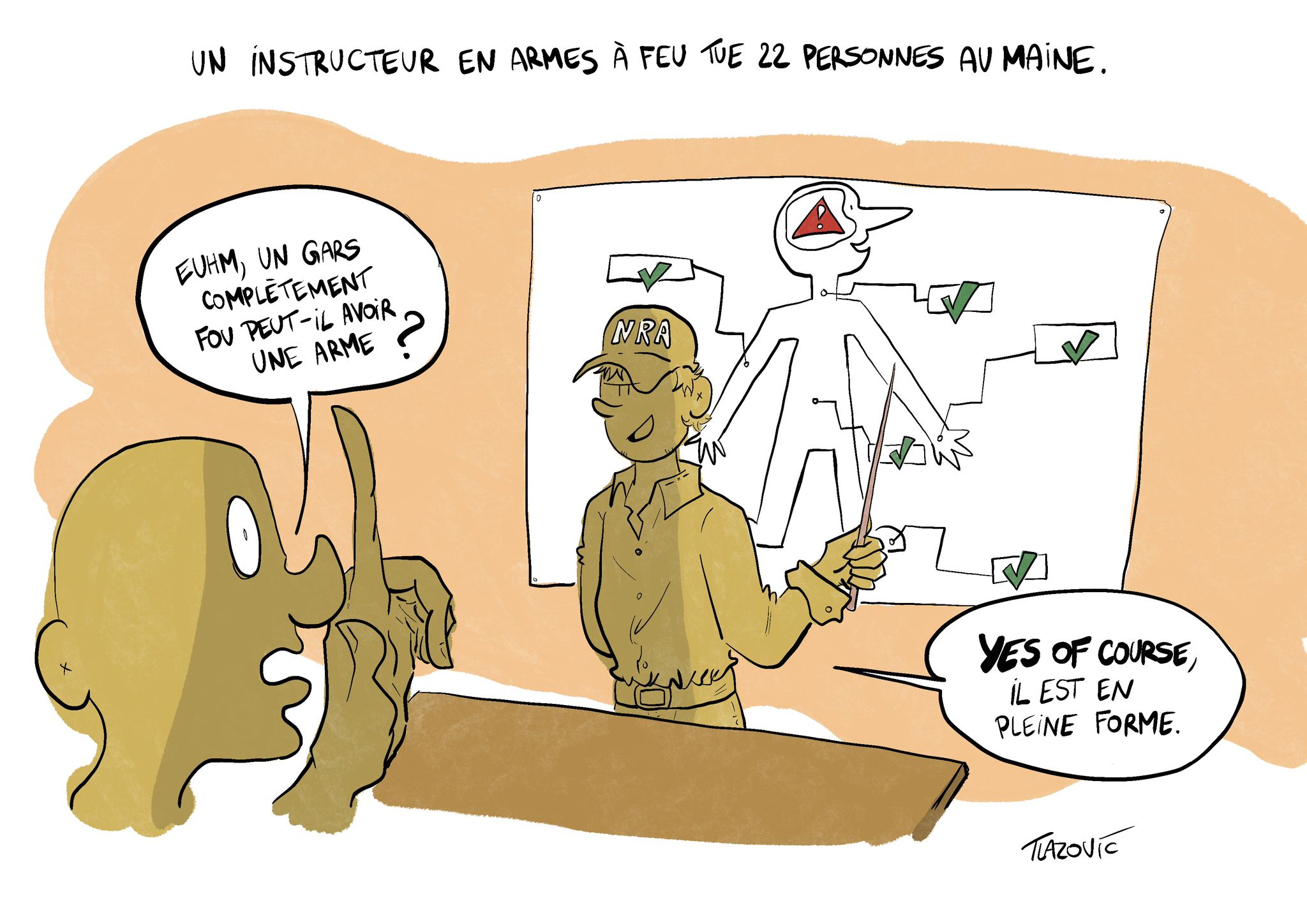Fundamental human right – is this concept genuinely valid and applicable to every human being? Today’s world speaks about fundamental human rights, as rights that take the whole world into account. People claim the right to which they are considered to be entitled by the fact of being human. This specific yet ambiguous right – or rights – is the one assumed and granted by neither Nature nor God, but by people. For the sake of mankind, the world calls for elimination of violence against others in the name of us all. But by believing in this statement without question, we may fail to recognize the more interlaced relationship between the two seemingly contradictory actions: preserving human rights and eliminating violence.
Before developing my arguments, I would like to point out that here I will speak solely about the moral and normative definition of fundamental human rights, at the same time fully acknowledging that there will be some clear limitations. Defining the expression “fundamental human right” is an extremely complicated and multi-dimensional issue, as one must attempt to either define each of the three words – “fundamental”, “human”, “rights” – or all of them as a whole. For instance, speaking about human rights in terms of institutional or legal systems needs more concrete context. Therefore, save the specific contexts, I would like to focus on the notion of universal human rights, which is commonly used from everyday conversation to the international statements, possessing certain moral code which is roughly shared by a great number of people. Another reason I decide rather to concentrate on moral sense is that I find it crucial to challenge the fundamental concepts of morality itself before questioning the universal validity of the concept of human rights.
Does the concept of morality and righteousness have something to do with violence or hostility? Considering religion as a notable comparison, there are plenty of discussions about the relationship between morality and religion. Nowadays, so called religious war has sparked heated discourses, questioning again the religious violence. Those who lay the blame for religion itself have asserted that religion has an innate disposition to violence and thus promote violence. The main ground of this argument lies on the fact that religion has played the role of a moral authority, and dehumanized targeted enemies to protect its moral safety. However, this approach does not confine itself to the ideas about religion. Morality itself, separated from religion, still differentiates between good and bad. The standard of moral evaluation needs the better and the worse, the prior and the latter, which leads inevitably to unstable exclusion. Guided by the same logic, the morality deals with the strategy of dehumanization. Therefore, as the norm of human rights conveys a certain moral code, that all of us should have those rights, exercise them and hinge upon the thoughts about what is morally right or wrong, it deals largely with the presumption of the single and universal moral system entitled human rights.
At this point, questions arise: are there any universal human rights which are able to be granted? Could humanity achieve the state where serves the idea of universal human rights, without alienating or excluding anyone? If one assumes a fundamental right that every human being deserves to have, and if he construes all the other alleged rights as privileges, could all the people participate in to put others’ fundamental rights forward to their privileges, even if they may have to abandon theirs in order to achieve others? Considering ability rather than necessity, it insinuates that this scheme is hardly feasible. Moreover, could respective fundamental rights be compatible with each other? It is more challenging to believe in the possibility to preserve every right without conflict, since those rights are considered likely
and fair from rather instinctive feeling. Although we call for human rights in the name of all human beings, this does not necessarily differ from the calling in the name of God in that the concept of cohesive human rights we assume eventually seems neither probable to be acquired by ourselves, nor palpable to construe – thus turns out to be illusory.
Nevertheless, the manner of articulating this expression illustrates that numerous actors take it rather lightly, and the belief to maintain such values stands too strong and universally. Furthermore, this popularity stems from the ignorance of the connection between us, which is subtly existing, or from the denial of involvement. These rights are taken for granted despite the fact that we have never been the agent who creates or limits the right and that our rights are never independently served yet influence each other. Therefore, it sounds rather selfish when it comes to the way those articulations acquire certain distance. Assume that one’s acquisition of the right of freedom may harm other’s, reducing his freedom critically and even threatening his life, yet not in apparent way but more complex and tactful way. If the way one earns the living inevitably contributes to threaten other’s, how should or how could we deal with this type of dilemma? It is too easy to speak out about how precious those rights are, but they could be in fact either superficial or hypocritical. On the other hand, it is highly unlikely to presume the idea of universal altruism. If there is a society where universal rights have priority over individual privileges, what will it be like? How could it be maintained?
By all means, articulating these rights has certain practical implications. The implications particularly rely on the attempt to perceive its existence and defining its meaning. It is economical to adopt such concept as a social value, thus enabling various agents to discuss and expand its explicit meaning. Also, the newly introduced concept of universality concerns the attempt to assume the broader definition of humanity, which could be appreciated if applied adequately. However, one was not simply born with fundamental human rights, nor
possessing it as one has heart or brain. We could live without it, we have lived without it, and we may live without it. Thus, today where the universal community and its own rights comes into being, it is crucial and worth enough to question the concept and applicability of the fundamental human rights, why one can or cannot exerts them, and how those rights are conceived and be spoken.
Vous avez aimé cet article ? Retrouvez-en d’autres dans International Ink, le journal des étudiants et étudiantes en science politique et relations internationales. Disponible gratuitement dans les bâtiments universitaires.




Laisser un commentaire
Vous devez vous connecter pour publier un commentaire.